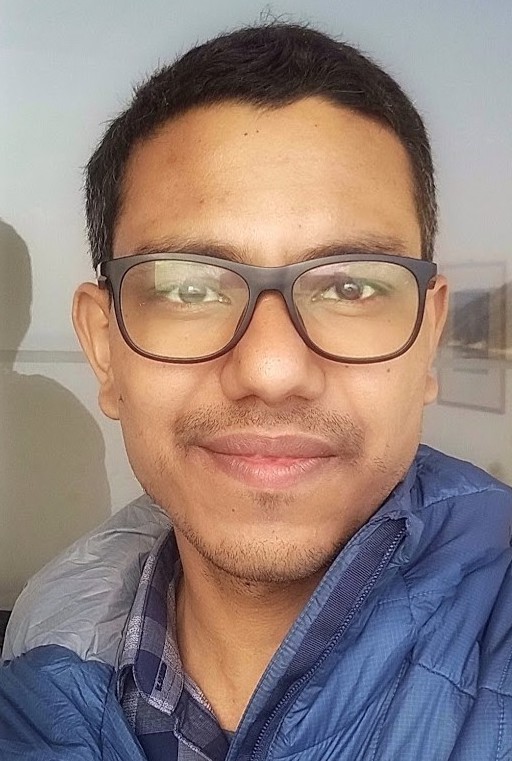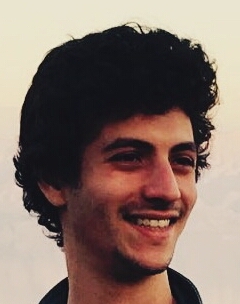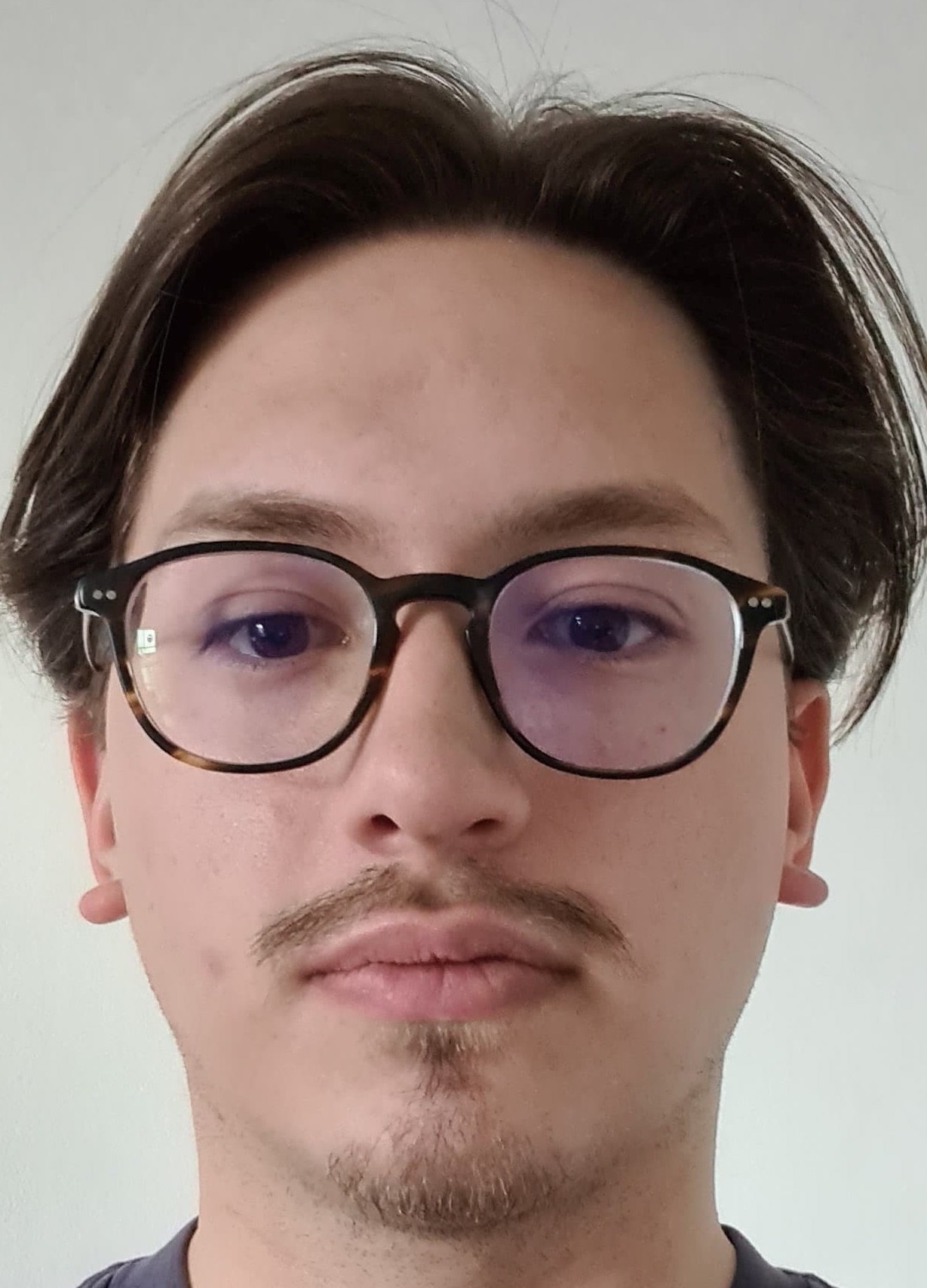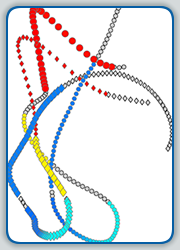Current Group Members:
-

Luca Giuggioli
Office: Room 4, Ada Lovelace Building
Bristol Centre for Complexity Sciences
Department of Engineering Mathematics
Tel: +44(0)117-3315638
Email: Luca.Giuggioli@bristol.ac.uk -

Debraj Das (Postdoc)
Office: Engineering Mathematics Department, Ada Lovelace Building
Email: debraj.das@bristol.ac.ukQuantifying animal interactions
Biological organisms interact in space and time by signalling and responding to each other's presence. Understanding the spatio-temporal mechanisms with which interactions occur is key to explain group level processes: from the spread of an infection or the transmission of alarm signals in an animal population to the collective migration of epithelial cells healing a wound. Despite the ubiquity of interaction processes between moving entities, our ability to quantify them is limited. Here the aim is to develop a mathematical formalism that allows to estimate interactions from movement tracks of individuals and test its applicability in an animal behavioural context with movement data on various taxa.
-

Zohar Neu (PhD student)
Office: Engineering Mathematics Department, Ada Lovelace Building
Email: zohar.neu@bristol.ac.ukCoverage and search in collective robotics
While there exist various algorithms designed to control a robot swarm in bounded domains, very few exist that has been devised to control the robots when the space is unbounded. The aim here is to develop such algorithm so that the swarm remain sufficiently cohesive but at the same optimizes target search in open space. Conditions under which the algorithm can be made adaptive and scalable are the objectives of this research theme.
-

Seeralan Sarvaharman (PhD student)
Office: Engineering Mathematics Department, Ada Lovelace Building
Email: s.sarvaharman@bristol.ac.ukSpatio-temporal dynamics of encounters and transmission processes
Quantifying how and when individuals meet and exchange information is an age-old problem in statistical physics. that in most cases has not been. Analytic studies of random encounter processes are very few and even less so on transmission processes. The aim here is to develop a general analytic theory of random transmission events that allows to bypass the use of very time consuming, if not prohibitive costly, stochastic simulations. The formalism makes use of lattice random walks in discrete or continuous time.
-

Toby Kay (PhD student)
Office: Engineering Mathematics Department, Ada Lovelace Building
Email: tk15402@bristol.ac.ukFrom Markov to non-Markov firs-passage processes
When motion is overdamped, the first-passage dynamics of a randomly moving object can be studied with the help of the renewal equation and other formalisms. But when acceleration cannot be neglected, the dynamics of the object has to be formulated in position and velocity. Contrary to the case of overdamped dynamics, when the random dynamics occurs both in space and velocity, very few explicit results on first-passage quantities are known. Here the goal is to develop a formalism that allows to do just that, and use that formalism to answer some of the challenging questions pertaining fist-passage phenomena in non-Markov systems.
-
Alumni:
Alexandro Heiblum Robles (Phd student 06/2013--09/2016)
Richard Pearce (Phd student 06/2013--09/2016)
Tom McKetterick (Phd student 06/2012--09/2015)
Matthew Anderson (Trainee 06/2013--09/2013)
Lewis Roberts (Trainee 06/2012--09/2013)
Jonathan Potts (Phd student 06/2009--09/2009; 01/2010--09/2012)
Piotr Slowinski (visiting PostDoc 06/2012--07/2012)
Patrick McGovern (Trainee 09/2012--12/2012)
Sarah Templey (Master student 01/2011--06/2012)
Andy Aldersley (Trainee 06/2011--09/2011)
Martha Stuart (Trainee 06/2011--09/2011)
Frank Marten (visiting PostDoc 01/2011--03/2011)
Andrew Dunleavy (Trainee 09/2010--12/2010)
